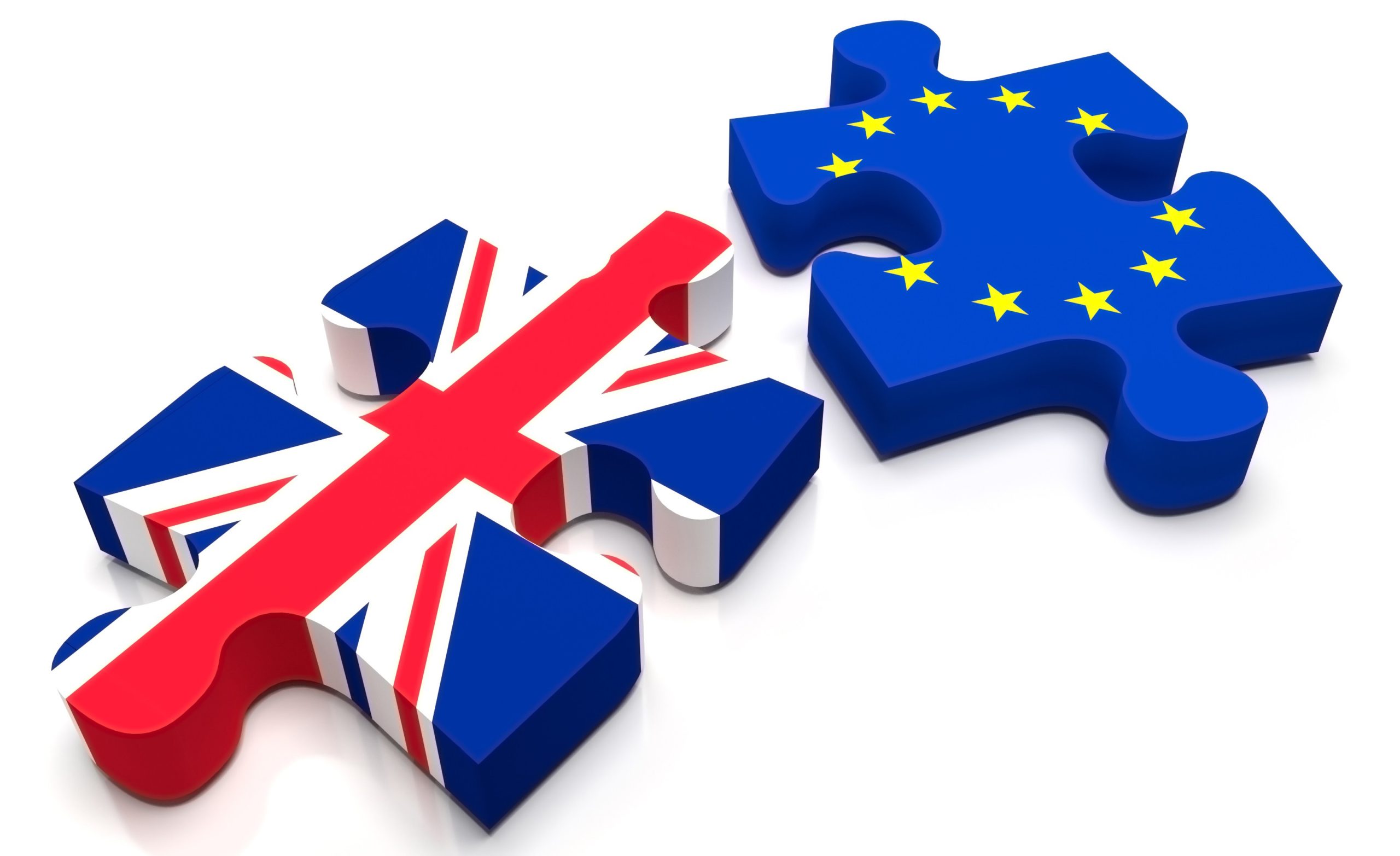British Prime Minister Theresa May has dropped some heavy hints about how her team will handle leaving the European Union over recent days.
She has confirmed Brexit means Brexit and that she plans to push the exit button before the end of March 2017.
The main debate covers whether the UK can look forward to a ‘hard’ or ‘soft’ Brexit.
To help show the differences, here are the answers to some frequently asked questions asking about a hard Brexit.
Why hard or soft Brexits?
A hard Brexit is basically Britain giving up full access to the EU single market which offers tariff free trade in return for the UK accepting the pillars of freedom of movement for people, capital and goods from the remaining EU states.
Instead, Britain would have no free trade agreement with the EU and business relationships between the UK and EU would default to those laid down by the World Trade Organisation (WTO).
A soft Brexit would undoubtedly mean agreeing to accept EU freedoms which would undermine the British government’s immigration policy.
Won’t the EU impose expensive trade tariffs in a hard Brexit?
Some EU governments might like to, but the fact is Britain is a big customer and supplier to the single market and expensive tariffs would hit the EU just as badly as the UK. Governments are protective of their industries and jobs and would not like to see them unnecessarily affected.
How do tariffs work?
Defaulting to the WTO tariffs would see the prices of British goods go up in the EU, while the British government would probably have a policy to make EU goods less competitively priced in the UK as well.
Prices would go up by governments adding duty or tariffs to imported goods, a price that firms will pass on to customers.
Tariffs are also likely to see more stringent customs checks.
How will Brexit effect the UK and trade outside Europe?
Although Britain has trade deals with other nations through EU membership, these will come to an end as a result of Brexit and will either default to WTO rules or be renegotiated.
Britain and other governments can then make their own trade arrangements.
Brexit does not only impact on the UK and EU, the implications also knock-on to economies in other countries.
